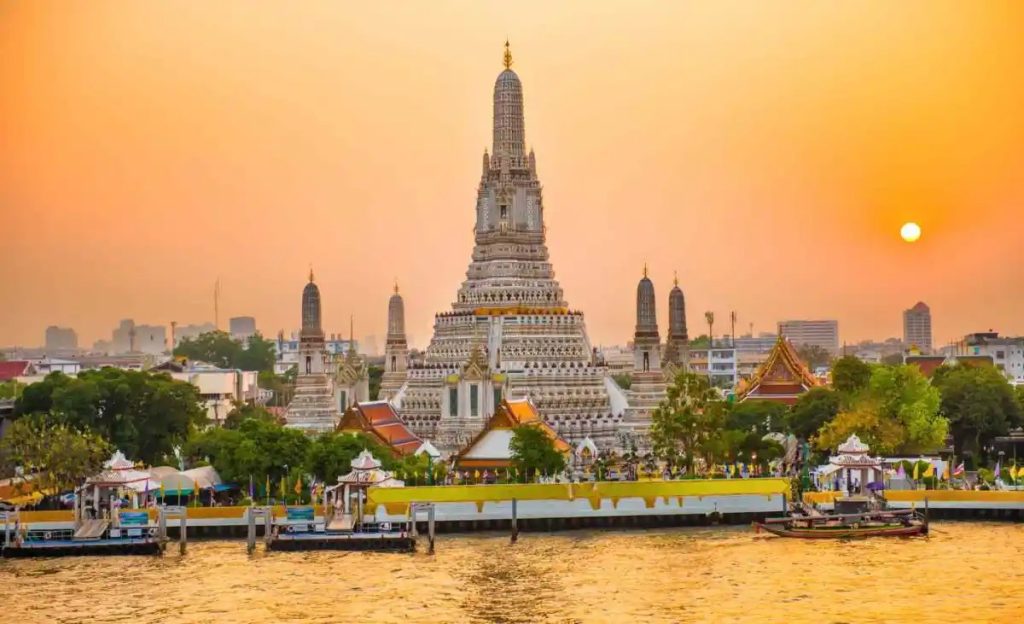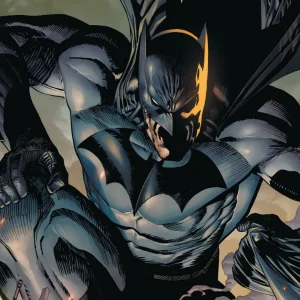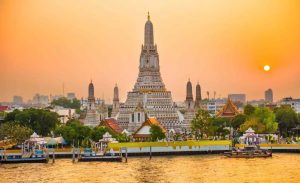Festivals Reflecting the Cultural Heritage of Bangladesh

The Cultural heritage of Bangladesh is beautifully expressed through its vibrant and diverse festivals celebrated throughout the year. The Cultural heritage of Bangladesh is deeply rooted in history, religion, nature, and community, and it finds its most colorful and heartfelt expression in the many cultural and religious festivals. These festivals are not just events—they are symbols of unity, identity, and tradition. The Cultural heritage of Bangladesh can be seen in rural fairs, city parades, village gatherings, and spiritual rituals that bring people together across boundaries. From Pahela Baishakh, the Bengali New Year, to Eid-ul-Fitr, Durga Puja, Buddha Purnima, and Christmas, each celebration reflects a unique aspect of the Cultural heritage of Bangladesh. These festivals bring people from different backgrounds together, showcasing the harmony that defines the Cultural heritage of Bangladesh. The rituals, songs, food, dances, and colorful attire that accompany these events are living representations of the Cultural heritage of Bangladesh. Understanding these festivals is key to understanding the true essence of the Cultural heritage of Bangladesh, which lives in the hearts and traditions of its people. The Cultural heritage of Bangladesh is not confined to museums or books—it is alive in these festive moments that unite generations and communities. Whether in the city or countryside, the Cultural heritage of Bangladesh is proudly displayed through each joyous celebration, reminding us of the nation’s rich cultural roots. Traveling during these events offers the perfect chance to experience the Cultural heritage of Bangladesh in its most authentic and emotional form.
Pahela Baishakh – The Spirit of Bengali New Year
Pahela Baishakh, celebrated on April 14, marks the beginning of the Bengali calendar. It is one of the most iconic festivals representing the Cultural heritage of Bangladesh. Men and women dress in traditional red and white attire, street fairs are held, and cultural programs fill the air with joy and music. The Mongol Shobhajatra (procession of good wishes), declared an Intangible Cultural Heritage by UNESCO, is a powerful symbol of the Cultural heritage of Bangladesh.
Eid-ul-Fitr and Eid-ul-Adha – Celebrating Faith and Family
Islamic festivals like Eid-ul-Fitr and Eid-ul-Adha are essential parts of the Cultural heritage of Bangladesh. These events mark the end of Ramadan and the spirit of sacrifice, respectively. People gather for prayers, visit relatives, give to the needy, and enjoy feasts. The sense of community and compassion displayed during Eid is a core aspect of the Cultural heritage of Bangladesh, uniting families and neighbors through shared traditions and values.
Durga Puja – The Grandeur of Hindu Traditions
Durga Puja is one of the largest religious festivals celebrated by the Hindu community and reflects the multi-religious Cultural heritage of Bangladesh. Worshippers create artistic pandals, elaborate clay idols, and perform devotional songs and dances. The final day’s immersion procession brings people together in a spectacular farewell to Goddess Durga. The inclusivity and cultural expression during Durga Puja highlight the rich Cultural heritage of Bangladesh and the harmony among its diverse communities.
Buddha Purnima – Peace and Enlightenment
Celebrated by the Buddhist community, Buddha Purnima commemorates the birth, enlightenment, and death of Lord Buddha. It is a festival of reflection, prayer, and community offerings. Buddhist temples in Chattogram Hill Tracts and other regions light up with devotion, reminding all of the spiritual depth of the Cultural heritage of Bangladesh. This festival is a reflection of ancient Buddhist traditions that have shaped part of the Cultural heritage of Bangladesh.
Christmas – Joy and Unity Among Christian Communities
Though a minority, the Christian community of Bangladesh celebrates Christmas with great warmth and enthusiasm. Churches are decorated, carols are sung, and meals are shared with friends and neighbors of all faiths. This inclusivity is yet another example of the open-hearted Cultural heritage of Bangladesh, where different traditions are respected and embraced.
Nabanna – The Harvest Festival
Nabanna, meaning “new rice,” is celebrated in rural Bangladesh to mark the rice harvesting season. People prepare traditional dishes, perform folk dances, and organize community gatherings. It’s a direct expression of agrarian roots within the Cultural heritage of Bangladesh, reminding us of the importance of nature, farming, and seasonal cycles in the country’s identity.
Why Choose DESHGHURI?
To experience the real flavor of the Cultural heritage of Bangladesh, especially during its festivals, DESHGHURI is your ideal travel companion. Here’s why:
- Cultural Expertise: Our team is deeply familiar with the traditions, meanings, and rituals of the festivals that represent the Cultural heritage of Bangladesh.
- Local Access: We take you beyond the tourist routes and into communities where the Cultural heritage of Bangladesh is lived and celebrated.
- Authentic Experiences: From joining a village celebration during Nabanna to attending the Mongol Shobhajatra, we ensure hands-on cultural experiences.
- Guided Tours: Our guides share stories, history, and symbolism behind every ritual, helping you understand the deeper context of the Cultural heritage of Bangladesh.
- Responsible Tourism: We promote ethical and sustainable travel that supports local artisans and protects the living Cultural heritage of Bangladesh.
Frequently Asked Questions
1. When is the best time to experience festivals in Bangladesh?
The period from October to April features many major festivals and is the best time to witness the Cultural heritage of Bangladesh in full swing.
2. Can tourists participate in local festivals?
Yes, most festivals welcome respectful participation, and DESHGHURI helps you engage with the Cultural heritage of Bangladesh directly and respectfully.
3. Are the festivals safe for travelers?
Absolutely. With DESHGHURI, your visit to any celebration reflecting the Cultural heritage of Bangladesh will be well-coordinated and secure.
4. What should I wear during festivals?
Traditional, modest clothing is recommended, especially during religious events, to respect the Cultural heritage of Bangladesh and local customs.
5. Will I get to try traditional food during festivals?
Yes! Festivals are the perfect time to enjoy the rich culinary Cultural heritage of Bangladesh, and our tours often include food experiences.
Celebrate with DESHGHURI
The festivals of Bangladesh are more than just events—they are windows into the soul of the nation. Through every song, prayer, dish, and dance, the Cultural heritage of Bangladesh is passed down, celebrated, and renewed. Join DESHGHURI to explore, understand, and celebrate this extraordinary heritage. Let your journey be filled with joy, meaning, and connection as you witness the living traditions that define the Cultural heritage of Bangladesh.




